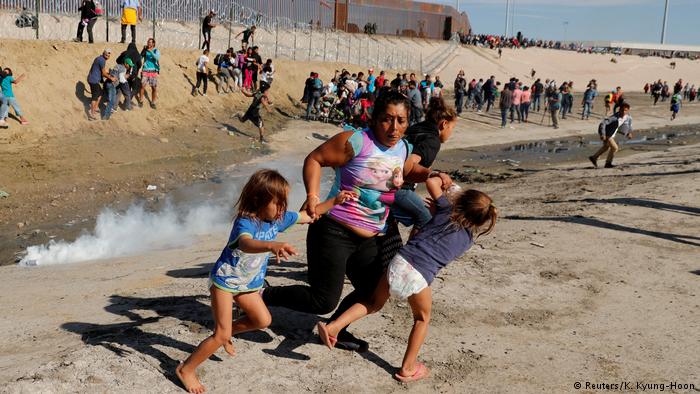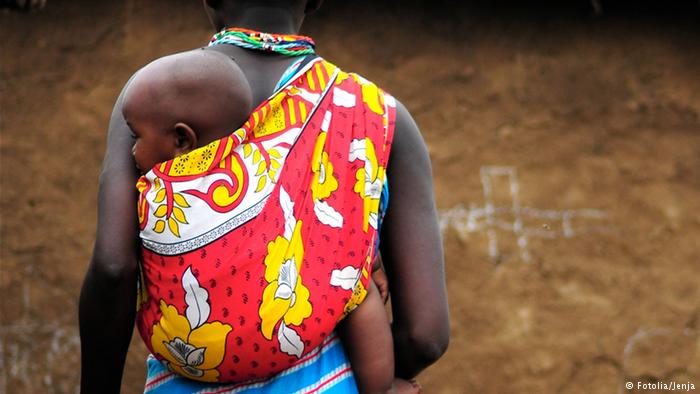Survivors of domestic violence are portrayed by a powerful collection (II)

Tracy Derraco. Credit: Unconventional Apology Project
Who are the victims of domestic violence? Is there anything that politicians can do to prevent this? Read the second part of the interview with Chantal Barlow, the initiator of Unconventional Apology Project.
Can violence happen to anyone, including men?
Domestic violence can happen to anyone – there is no “type” of person that it impacts. It can happen in any type of relationship to any person with any background. It is a global issue, and an epidemic.
What do you expect from politicians?
I expect politicians to put legislation in place that supports people who come forward to report mistreatment. I expect them to lead by example and put proactive laws in place that provide holistic support for people who have experienced domestic violence, and programs that help rehabilitate abusers.
How can the society prevent violence?
The first step is recognizing it as a widespread issue and knowing that we haven’t done all we can to address it. I believe we have to shift from being a reactionary society and start pouring resources paired with supportive legislation to be proactive and reactive in a way that supports healthier ways of living.

Joquesse-Eugenia Chambers. Credit: Unconventional Apology Project
How can we promote education in non-violence?
We aren’t born to be violent people; the behavior is learned. Violent tendencies normally start at home, which can have a lifelong impact on potential abusers and their victims. Besides formal education, there has to be fundamental social changes where violence is seen as unacceptable. This is the type of education we all have access to—not everyone has the resources (nor do they need to) to understand the consequences and impact of domestic violence. It takes a collective effort to change a massive epidemic.
What help is necessary for people who have experienced violence?
There a lot of ways to be supportive towards someone who has experienced domestic violence, but it always starts with listening. Everyone has their own set of circumstances, which means requiring different kinds of resources. For example, a single person will have different needs than a parent leaving their abuser with kids in tow. It’s important to ask directly how one can help. This applies to reaching out directly to those providing services. Most times, a direct monetary donation is helpful; but often they have a long list of goods and services that are needed to service survivors. We have had people reach out to us to have moral support when they are going to file a police report against their abuser. You can be available for those things and support in more ways than you might assume. Have those conversations, be available, and listen when they tell you what they need like babysitting their kids while they go to court, asking for a ride to various services to go through the proper channels, etc. Self-care is also an imperative part of healing for all parties involved. This should never be seen as a selfish act, but necessary. It can come in all kinds of forms, and not limited to meditation, sitting in the sun, eating a healthy meal, exercise or even asking for help. Holding it all inside can have negative impacts on your well-being and your ability to move forward in a healthy, positive way.
Do we have to talk much more about violence in relationships?
I think it’s important to name violence and use the appropriate language for whatever is going on in a relationship. We should not try our best to give the abuser the benefit of the doubt while simultaneously assuming the worst intentions of the victim. I think we all need to work through what it looks like to be supportive, and not just stop the conversation with “what a shame” then put it out of our minds. It is more prevalent than the media shows, and it is often at the center of overall violence trends in our communities. I believe that it’s also very important to learn early on what healthy relationships look like as a whole. Many people believe that violence has to be “seen” and physically felt, which, although incredibly damaging, isn’t all-encompassing of the experience of abuse. There are many forms of violence and those should be taken equally seriously. Many of the other forms of abuse lead to physical abuse, or happen concurrently. And those nuances and complexities of domestic violence that we don’t discuss when a story does surface in the media, are what makes it difficult for people to leave their situations. We should be very wary of our desire to make domestic violence so cut and dry. Doing that leaves the blame on the person being mistreated, and not on the abuser or the systems that allow abuse to persist and go lightly punished, if punished at all.

Misty Dawn Spicer. Credit: Unconventional Apology Project
What do you not like about reporting on violence?
I felt the Unconventional Apology Project was needed because of the disservice I’ve seen in the media toward victims and survivors of domestic violence and the trends of the nation exhibited within my own family. It comes from seeing how much the victims of abuse are continually victimized by society’s treatment of them when they come forward. I’ve seen them be the subject of ridicule, shame, ignored altogether and ultimately forgotten in the shadow of their abusers. They often continue to feel victimized as they struggle to navigate the systems from which they need support; they fail to believe them, or properly protect them after they’ve left. They tend to be encapsulated in abuse and cast aside. I felt there was no effort to speak to the whole person who experiences domestic violence, highlight the gaps in the system or any concerted effort to incite action among the public to make this a more publicized issue. It shouldn’t take catching physical abuse on tape for us to pay attention. I have seen a myriad of misguided information and assumptions about who can experience abuse, what constitutes abuse and the prevalence of abuse. The Unconventional Apology Project is an apology to those who have been failed, while also being an apology to my grandmother for how her life ended and how we didn’t celebrate her after she passed. The project is about healing and being inspired to love through art.
What have the reactions to the project been like?
Overall, they’ve been very positive. The project lands on everyone differently. For most, it’s an introduction to domestic violence in a way they’ve never seen before. For others, it tugs at their heartstrings because they are tied to domestic violence in some way and they see themselves or a loved one in the stories. We have received so much beautiful communication about the impact it’s made, which is incredibly motivating and inspiring.
What are your next projects?
The focus is still completing 36 portraits and interviews, but we are currently crafting an immersive exhibit and a domestic violence documentary that will be complementary to the Unconventional Apology Project.
Interviewer: Delia Friess
Editor: Marjory Linardy
_____
WTO RECOMMENDS
The Silent Screams…
Today, I’m in peace but there was once when my sealed lips and tear-filled eyes pleaded for mercy. My silence questioned my worth, ‘Am I a piece of land sought to be used for purpose?’ My questions remained unrequited and I deceased to peace. You know, who am I? I am the one with sparkling eyes and babyish look, an eight-year-old girl who perished in urine rupture and internal bleeding on being married to a 40-year-old man. I am a victim of child bride. (From January 8, 2015)
India does a U-turn and still fails to criminalize marital rape
A recent statement, Maneka Gandhi, India’s Women and Child Development Minister, says that marital rape cannot be applied to the Indian context. Her comments have raised many disturbing questions. (From March 24, 2016)
Need a license to rape? Just get married in India!
It’s official! Under Indian law, marital rape cannot be classified as a crime. A 31-member committee including two female members took the Anti-Rape bill to parliament. (Fom June 6, 2015)






